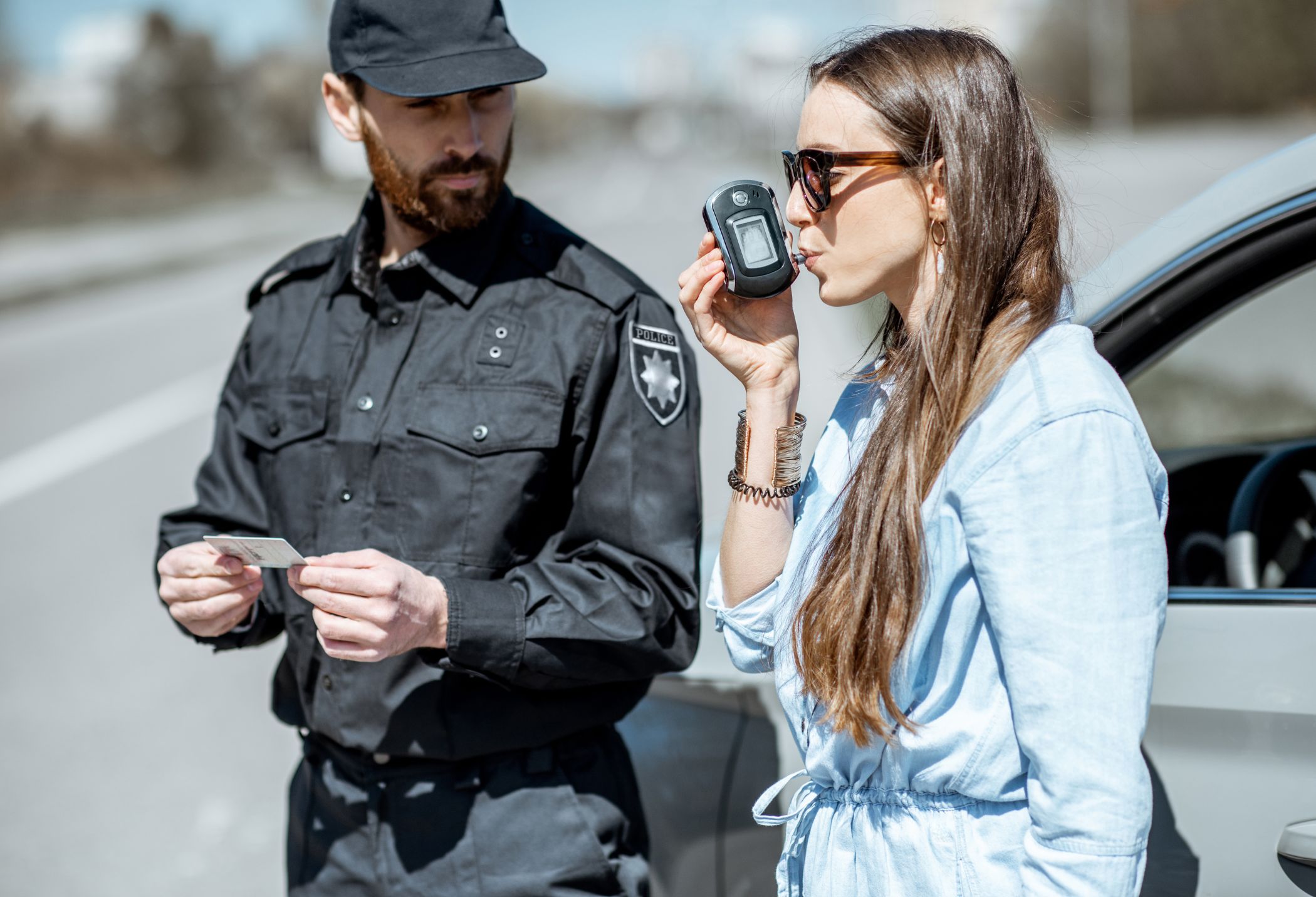
If You Refuse to Take a Breathalyzer in Ohio, What Happens?
April 29, 2025
When they arrest you for DUI in Ohio, the police may ask you to perform a breathalyzer test at the police station. What consequences might you face if you refuse to submit to a breathalyzer?
Ohio’s Implied Consent Law
Ohio’s implied consent law deems any person who operates a vehicle on a highway or property used by the public for vehicular travel or who exercises physical control of a vehicle to have given consent to submit to chemical breath, blood, plasma, or urine testing to detect the presence of alcohol or drugs in their system.
In most circumstances, anything other than prompt, affirmative, and unconditional consent to a breathalyzer test constitutes a refusal. As a result, under the implied consent law, a driver must submit to chemical testing upon request by police following a DUI arrest. Refusing to submit to chemical testing after a DUI arrest may lead to administrative penalties. Police must warn drivers of these penalties and their obligation to submit to chemical testing.
However, the implied consent law does not apply to tests conducted on portable breathalyzers carried by some police officers when an officer asks a driver to blow into the breathalyzer during a traffic stop. Portable breathalyzers constitute a type of field sobriety test; the law does not require drivers to submit to field sobriety testing during a DUI stop. Instead, the implied consent law only covers chemical testing conducted after an arrest at the police station or in a hospital.
Consequences of Refusing a Breathalyzer
A driver who refuses a breathalyzer after a DUI arrest will face various consequences, including an automatic administrative suspension of their driver’s license. The driver will receive an administrative license suspension regardless of whether prosecutors charge the driver with a DUI or the outcome of a DUI prosecution. The length of suspension will depend on the number of prior refusals or DUI convictions on a driver’s record. However, drivers can petition for the restoration of their driving privileges after serving a minimum suspension period.
Furthermore, prosecutors may use a driver’s refusal of a breathalyzer test after a DUI arrest as evidence of the driver’s consciousness of guilt.
Can You Challenge a License Suspension?
A driver can challenge an administrative license suspension by requesting a hearing within 30 days of receiving notice of the suspension. Drivers may challenge a license suspension by presenting evidence proving they did not refuse a breathalyzer test, such as:
- Proof that the arresting officer did not ask the driver to submit to a breathalyzer test
- Proof that the officer failed to give the driver a reasonable opportunity to submit to testing
- Proof the officer misinterpreted the driver’s statements or actions as a refusal
Contact a DUI Defense Attorney Today
Whether you take or refuse a breathalyzer test during a traffic stop can play a significant role in your case. Let a knowledgeable DUI defense lawyer help you protect your rights and interests. Contact DiCaudo, Pitchford & Yoder today for a confidential consultation with our legal team to discuss your options for resolving your intoxicated driving charges.